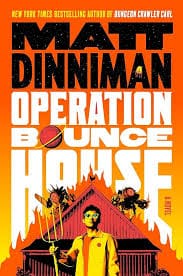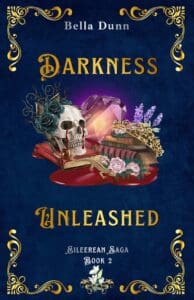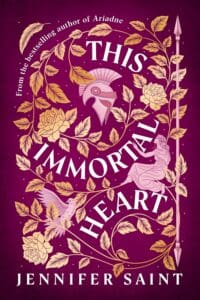
Synopsis
Dashryn Cowl has run out of places to hide. The erstwhile sorcerer of the Imperial College fled the Bolgravian Empire when his high-flying family fell from grace, but the tyrannical empire is still hunting for him.
So when he gets his hands on a map showing a place outside the known lands rich in istariol, the mineral that fuels sorcery, he sees a way back to power. There’s only one problem: it means masquerading as an Imperial Cartomancer (an instant death sentence) and finding some dupes to help him mine the istariol in secret, no questions asked.
But somehow, amid the dangers of the road (floods and avalanches, beasts, barbarians and monsters), a strange thing begins to happen: Dashryn starts to care about his ragtag followers and their strange odyssey into the ruins of an ancient forgotten civilisation.
But his past won’t let him be: the implacable Imperial Bloodhound Toran Zorne has caught his scent, and Zorne has never yet failed to bring his quarry to ground.
At the edge of the map, there’s no going forward and no going back . . .
Review
First, a thank you to Ella Patel at Jo Fletcher for kindly providing me a review copy – that did in no way influence my review.
Map’s Edge isn’t far from your classic fantasy comfort read; it’s a book for the winter, a book that’s warm and ready to take you on an adventure you might be familiar with, but it’s far from anything you’ve read before. There’s a modern voice, a twist on what you’ve read before. From the tale of Vashtariel the last God-King of the Aldar, the quality of Gravis’ alcohol, to the clientele in his tavern, the details are all here.
Thorough worldbuilding grips you – down to different language and intonation but without even making you think about it. Magic, sorcery, murder, mayhem, mining, and bear-skin men, Map’s Edge is a living, breathing work. An example of a truly built world. From head to toe, it looks real. The voice is moreish. The plot intriguing. Dash is a mystery waiting to unfold. Tale of Vashtariel the last God-King if the Aldar and how mirza ruined planet but Praxis is borne from effortless world-building. I mention this part twice because the way it introduces most of the magic-system with these stories, covering a lot of the ‘stuff’ we’d need to know is very clever and unless you look for it, you won’t know you’re being directly told. It’s fantastic when a book can tell you rules and histories wholesale but doesn’t impede the plot – this certainly only adds to it.
Takes on various topics that show depth and intellect of writing: first and foremost, the perils women face while travelling in a large band of ‘heroes on a quest’ which undoubtedly end up being mostly single men – the thought that goes into this particular story arc, the fact Hair gives Kemara voice and ultimately discusses the danger women are presented with both reflects the real-world and adds layers of authenticity to the work. Not stopping there, Hair presents us with a sickness that grips the camp, linking it to in-world creatures – verdeghul, with rhyme, reason, and history of their own to justify the illness. The time and effort spent on making this world is astonishing and not only that but Hair does also it without you even noticing … if you aren’t looking for things to comment on like a reviewer, that is.
Magic praxis-sorcery and mirza, the former controlled ‘good’ magic with limitations supported by current theological belief and gifted by the gods; the latter destructive, evil, and untamed magic used by the ancient Alder, the god-kings all but wiped out. I love a well-defined magic system and the fact that Hair manages to pair this with theology, wherein one magic is the product of current belief and the other is a former belief system from civilization and history despoiled by the current church is something that sings a familiar song but has all the makings of originality with how it’s presented.
Overall, it’s a very nice read for those long-term fans of the genre and is something with nice, modern touches to appeal to a wider audience.









Leave a Reply